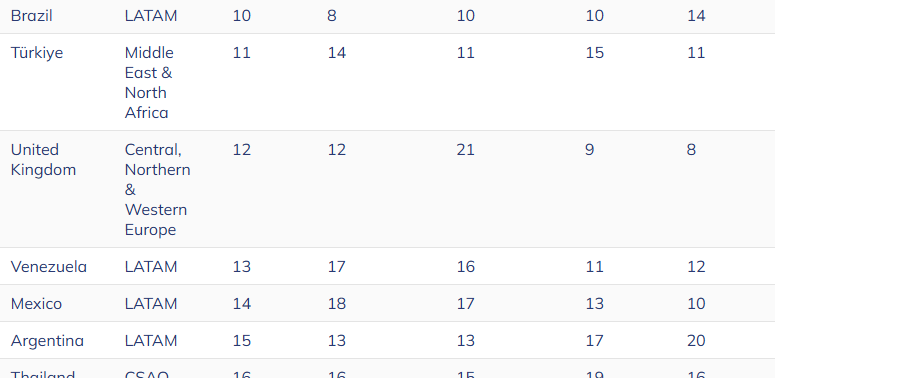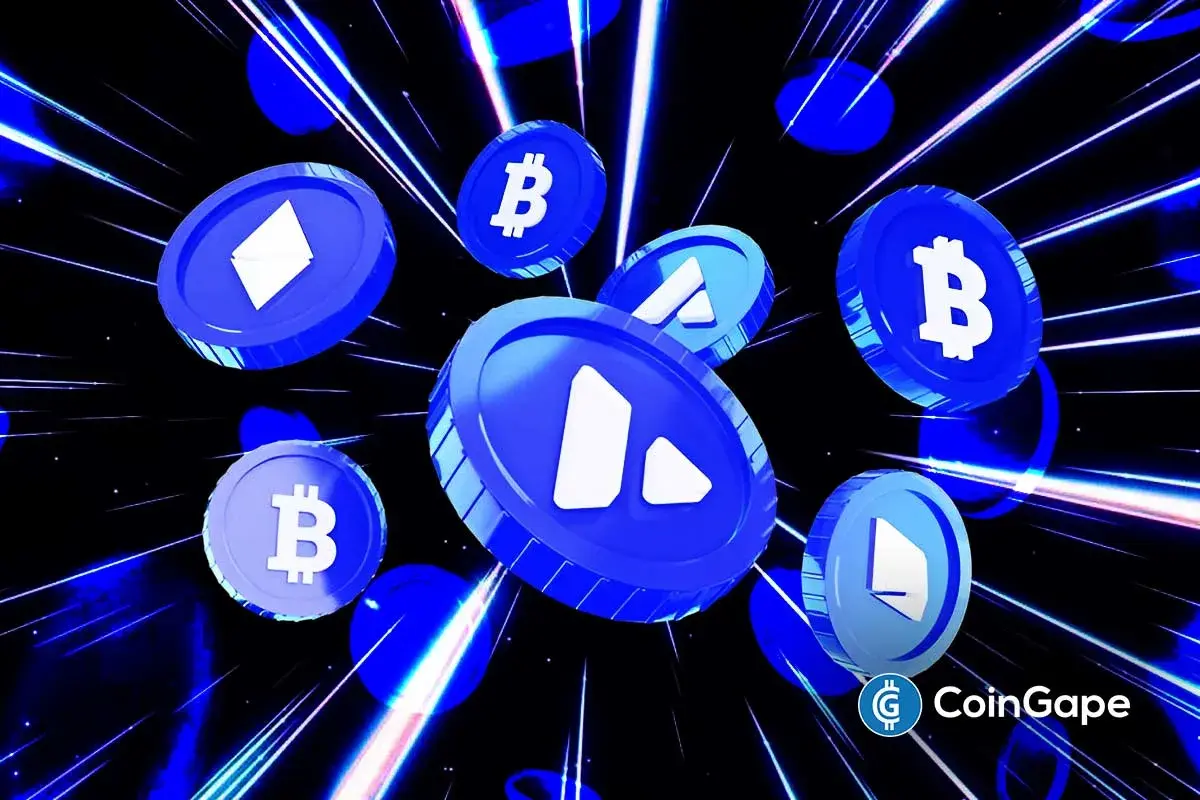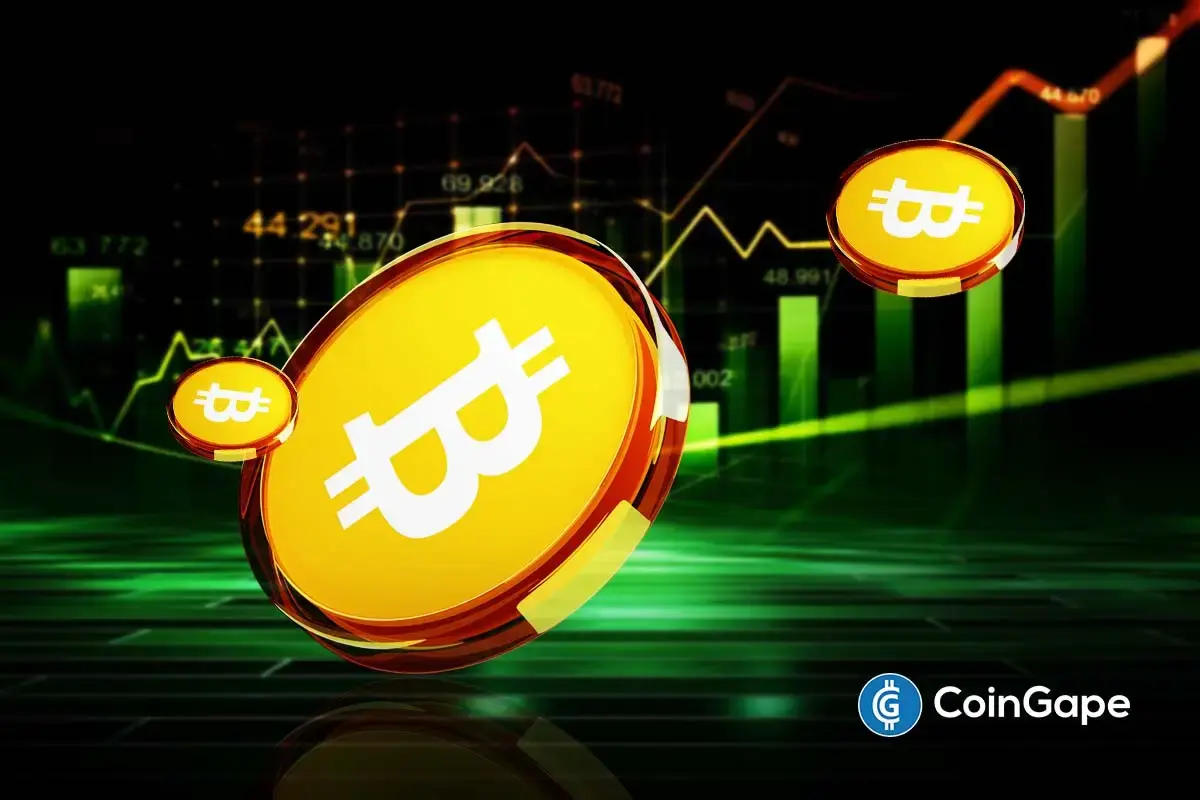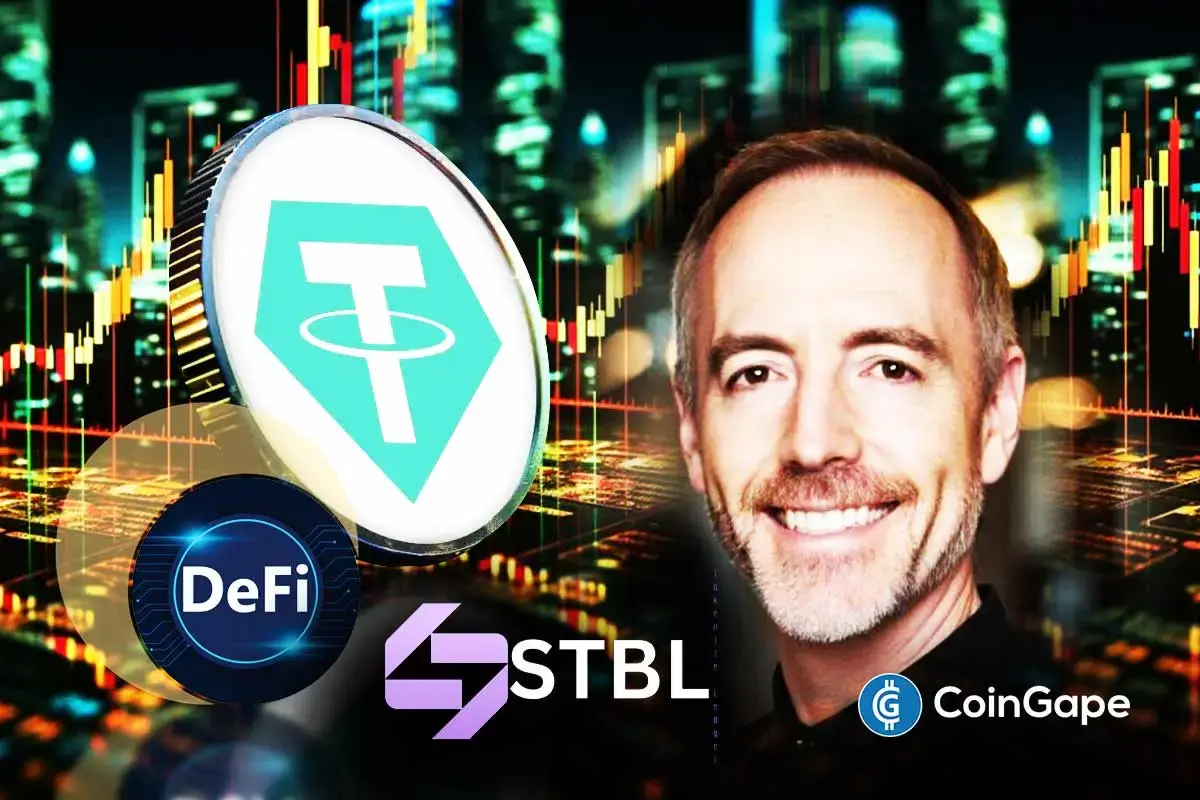Venezuela Crypto Adoption at Peak: Stablecoins Run Shops and Salaries

Highlights
- Venezuela’s economic collapse and 70% currency devaluation have pushed crypto adoption in the country.
- Stablecoins like Tether and other cryptocurrencies have become citizens' survival tools.
- From local shops to school, crypto adoption is deeply rooted in the Venezuelan society.
The increasing adoption rate of crypto is undeniable, turning it into a $4 trillion industry, driven by the U.S., Venezuela, and many other nations. Notably, today, crypto has become a survival tool for the citizens of Venezuela battling the economic crash.
Venezuela Crypto Adoption Booms With Stablecoins as a Survival Tool
Venezuela, a country in South America, is in a state of severe collapse, crashing its native currencies’ valuation by 70%. A decade of mismanagement and poor monetary policies has resulted in hyperinflation and currency devaluation, but the same has pushed the citizens of Venezuela to crypto adoption.
Last year alone, it ranked 13th globally in terms of adoption after a 110% surge according to the Chainalysis Crypto Adoption Index.
- Source: Chainalysis Crypto Adoption Index
Now, in 2025, cryptocurrency has turned into a core part of this country’s economy, as citizens actively use crypto to battle the collapse of the bolívar and the government’s control.
Even in this, stablecoins like Tether (USDT) priced ∼$1 (pegged to the U.S. dollar) have become a medium of daily payment activities.
Stablecoins For Daily Use
Crypto adoption in Venezuela is visible on every street, from small family shops to even big retail businesses. Everyone in the country is now actively accepting crypto payments with popular modes of transactions like Binance and Airtm.
Victor Sousa, a shopper, told the media that they actively use USDT for shopping and plan to put their savings in crypto, considering the conditions of the paper money. Cointelegraph reports also suggest that many companies/ businesses are paying their employees with stablecoins like Tether.
Another prominent form of adoption is that Venezuelan universities offer crypto courses. Economist Aarón Olmos explains that people are choosing crypto as Venezuela faces high inflation, low wages, and difficulty opening bank accounts. For them, crypto isn’t a luxury; it’s a necessity to survive.
While the Venezuelan government has also shown mixed signals on crypto, citizens have acted on their own. Back in 2018, the country launched its own crypto, but that failed by 2023. There was also a discussion on Venezuela setting a Bitcoin Reserve, but no updates have been reported since then.
Additional inconsistencies pushed people to rely on decentralized options, such as cryptocurrency.
Frequently Asked Questions (FAQs)
1. Why is Venezuela turning to crypto?
2. Where are stablecoins being used in Venezuela?
3. What’s the Venezuelan government’s take on crypto?
- OpenAI Introduces Smart Contract Benchmark for AI Agents as AI and Crypto Converge
- Goldman Sachs CEO Discloses Bitcoin Stake, Backs Regulatory Push Amid Industry Standoff
- FOMC Minutes Signal Fed Largely Divided Over Rate Cuts, Bitcoin Falls
- BitMine Adds 20,000 ETH As Staked Ethereum Surpasses Half Of Total Supply
- Wells Fargo Predicts Bitcoin Rally on $150 Billion ‘YOLO Trade’ Inflow
- BMNR Stock Outlook: BitMine Price Eyes Rebound Amid ARK Invest, BlackRock, Morgan Stanley Buying
- Why Shiba Inu Price Is Not Rising?
- How XRP Price Will React as Franklin Templeton’s XRPZ ETF Gains Momentum
- Will Sui Price Rally Ahead of Grayscale’s $GSUI ETF Launch Tomorrow?
- Why Pi Network Price Could Skyrocket to $0.20 This Week
- Pi Network Price Beats Bitcoin, Ethereum, XRP as Upgrades and Potential CEX Listing Fuels Demand

















